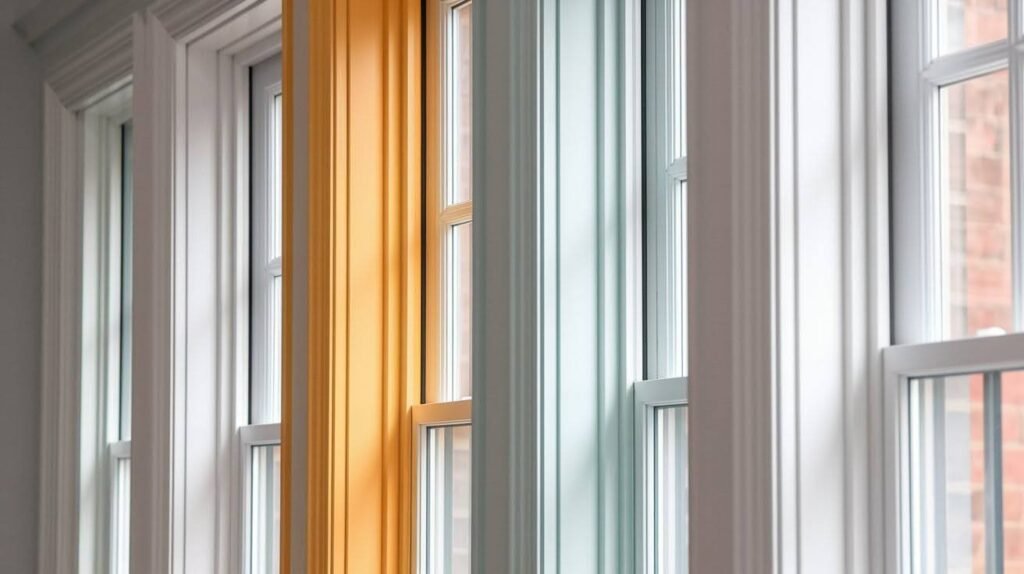Window casing confuses most homeowners. You hear contractors talk about it, but what does it actually mean for your home?
Window casing is the trim around your windows. The right casing can lower your energy bills and increase your home’s value. The wrong choice costs you money every month.
We’ve worked with over 500 homeowners on window projects. We know which casings work and which ones don’t. This guide will help you make the right choice for your home and budget.
You’ll learn what window casing is, why it matters, and how to pick the best option. By the end, you’ll know exactly what to ask contractors and avoid expensive mistakes.
Understanding Window Casing Basics
Window casing might sound complicated, but it’s really simple. It’s the frame that goes around your window. Think of it like a picture frame, but for windows.
Simple Definition of Window Casing
Window casing is the trim you see around windows. It covers the gap between your window and the wall. Without it, you’d see rough edges and empty spaces.
Most people call it different names. Some say “window trim” or “window molding.” They all mean the same thing. It’s that finished border that makes windows look complete.
Main Purpose of Window Casing
Window casing does four main jobs for your home. First, it seals gaps to keep cold air out and warm air in your house.
Second, it adds support to hold your window firmly in place. Third, it makes windows look finished and clean instead of unfinished holes in the walls.
Types of Window Casing Styles
Different casing styles give your windows completely different looks. You can choose from five main types based on your home’s style and your personal taste.
Complete Casing
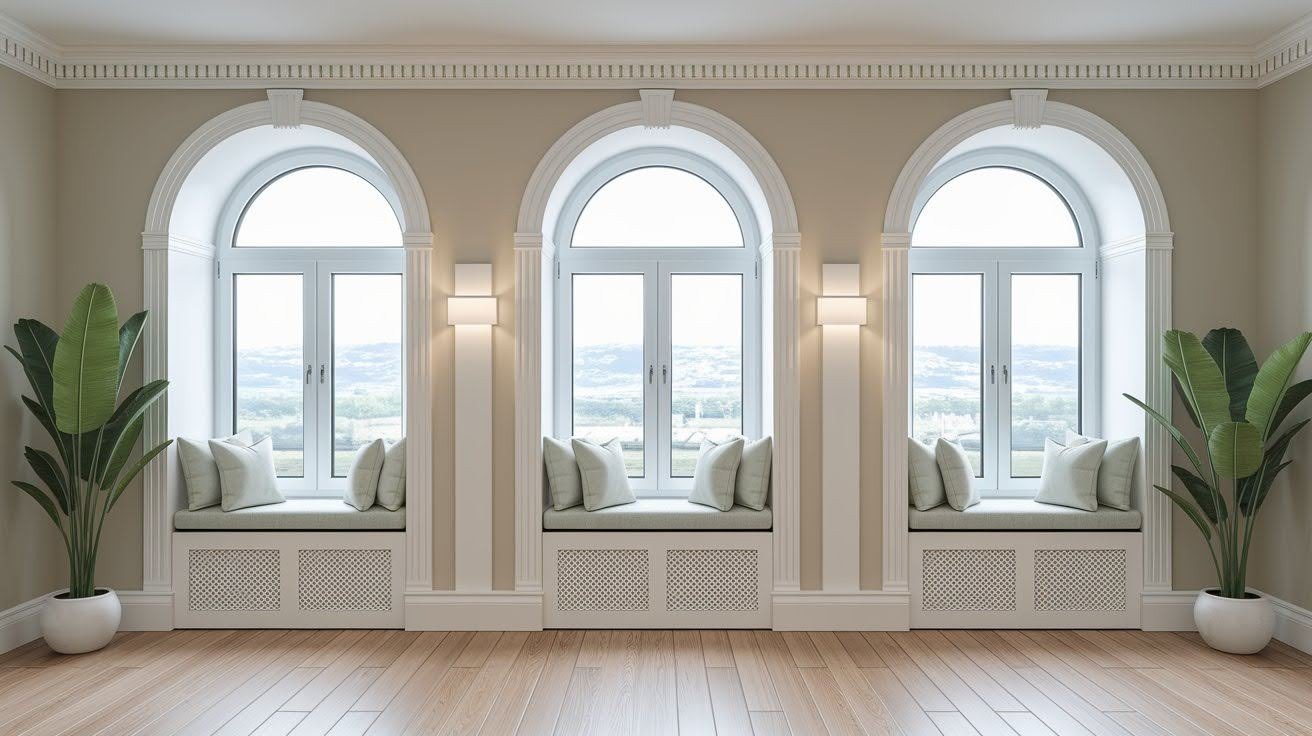
Complete casing covers all four sides of your window with trim. It can have one simple layer or multiple fancy layers for more detailed, decorative designs.
This style works great for creating unity in your home because it can match other trim around doors and baseboards throughout your house.
Low Profile Casing
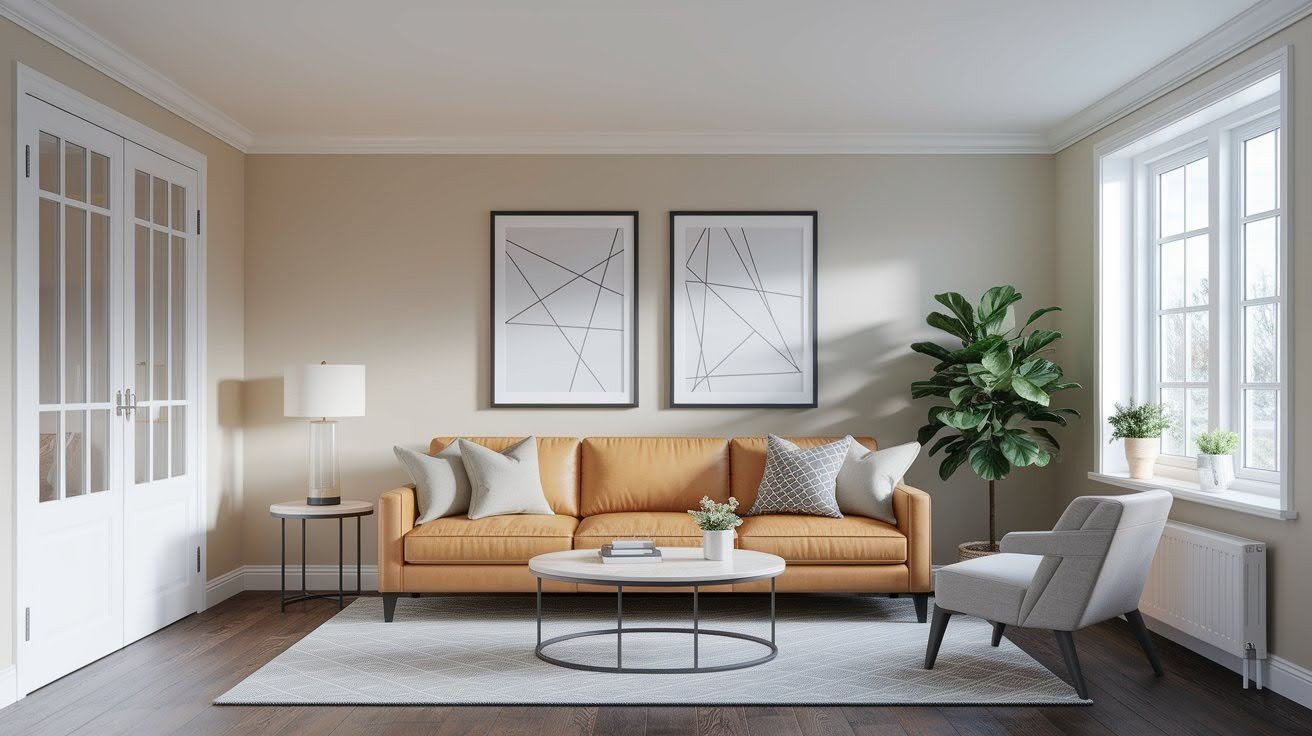
Low-profile casing sits flat against walls with a simple, clean design. It’s more about function than decoration and only covers the inner window frame area.
This style blends into room backgrounds nicely, so you can change your decor without worrying if windows will match your new design choices.
High Profile Casing
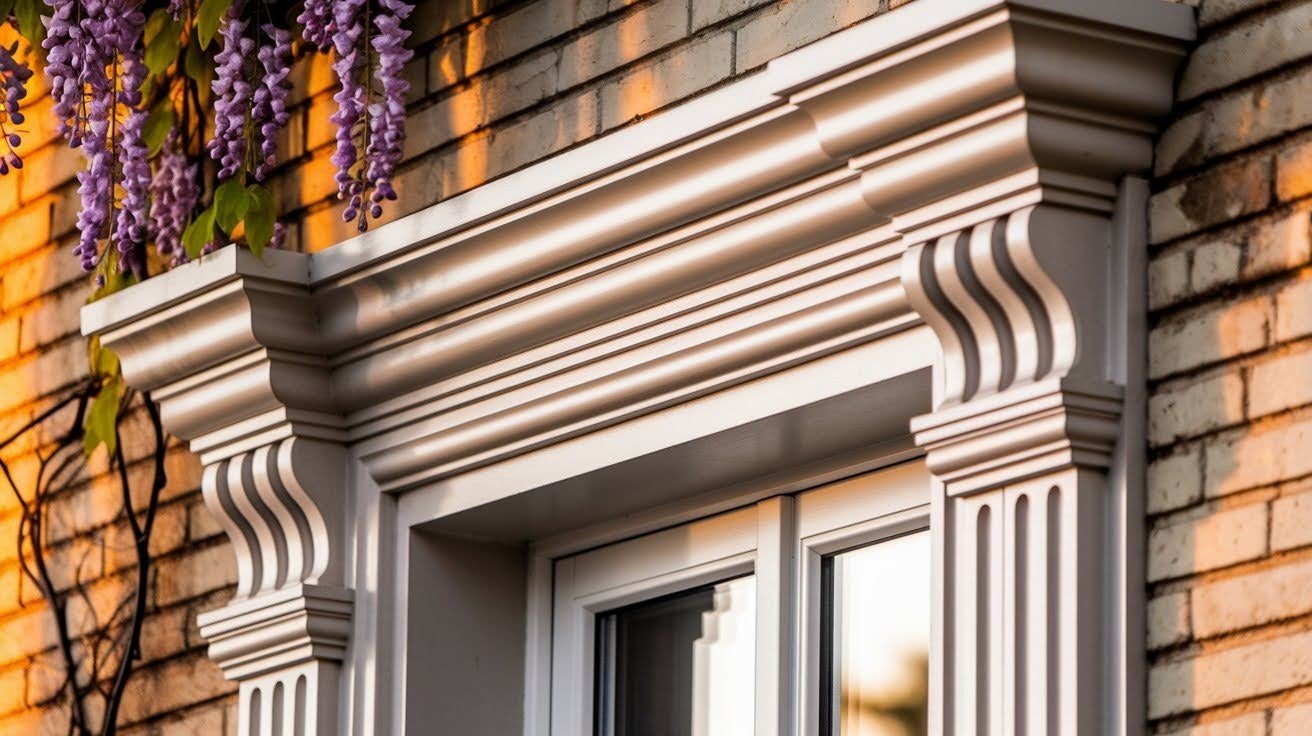
High profile casing is the opposite of low profile – it’s all about decoration and creative designs. You can add attractive details that really stand out.
It’s perfect for older homes and vintage buildings where you want windows to be a focal point. You can usually install it yourself without professional help.
Traditional Casing
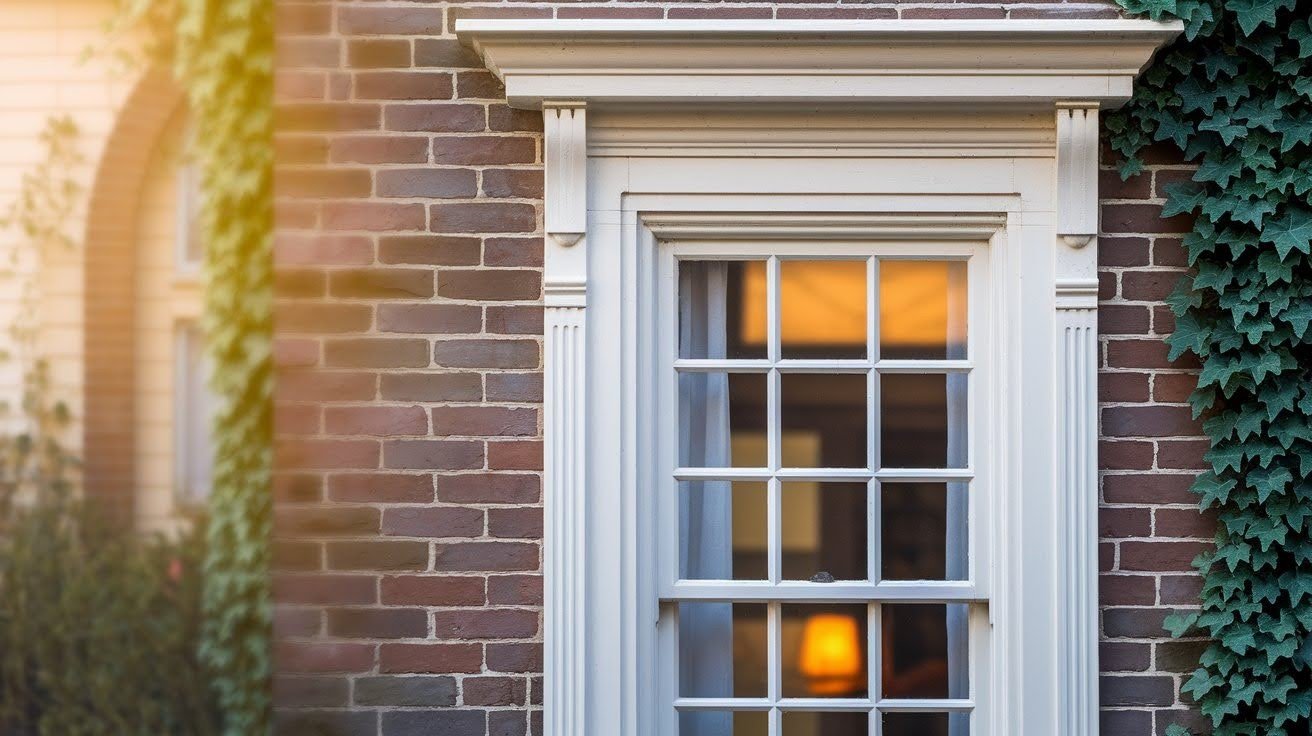
Traditional casing sits flush with both interior and exterior walls. It goes on the outer part of the window frame instead of inside, like some other styles.
This gives a simple, timeless look that’s been popular for decades. It features basic elements like headers and side pieces that work with most home styles.
Modern Casing
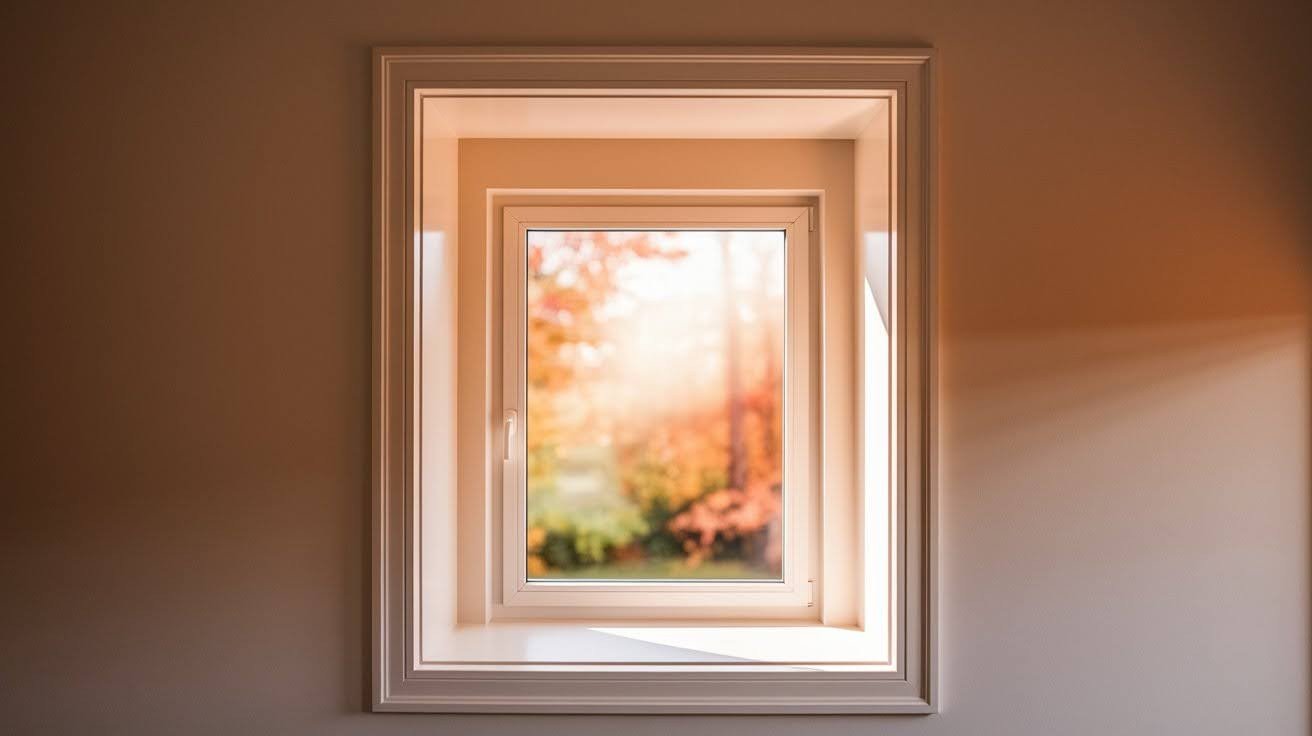
Modern casing has clean, sharp lines for a minimalist appearance. It matches the rest of your window and blends in seamlessly rather than standing out.
It’s great for contemporary homes and gives you flexibility if you plan future design changes. The simple style won’t clash with new decorating ideas.
Why Window Casing is Important for Your Home
Window casing affects your home in five important ways. Most homeowners don’t realize how much it impacts their comfort, bills, and property value.
Better Energy Efficiency
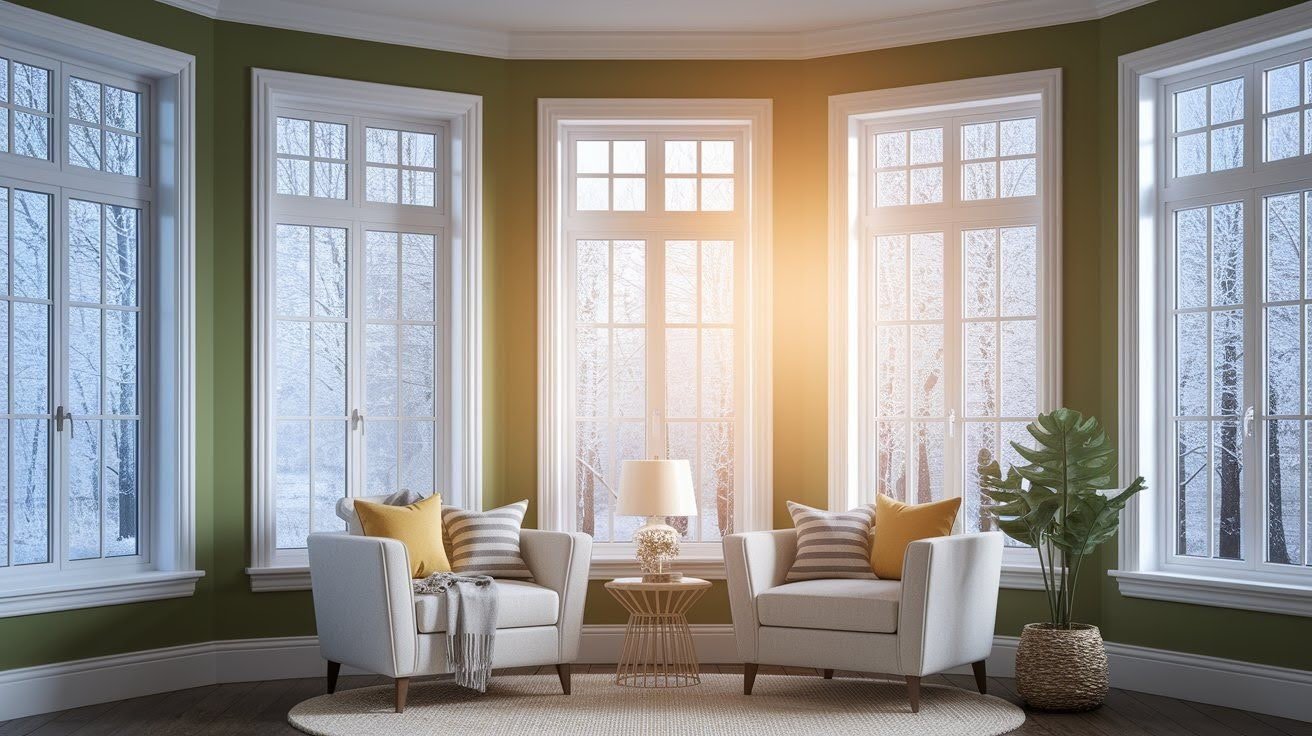
Window casing seals the gaps between your window frame and the wall. Without it, outside air sneaks into your house all year long, making your heating and cooling work harder.
Proper casing keeps homes warmer in winter and cooler in summer. This means lower energy bills every month, which adds up to real savings over time.
Improved Home Appearance
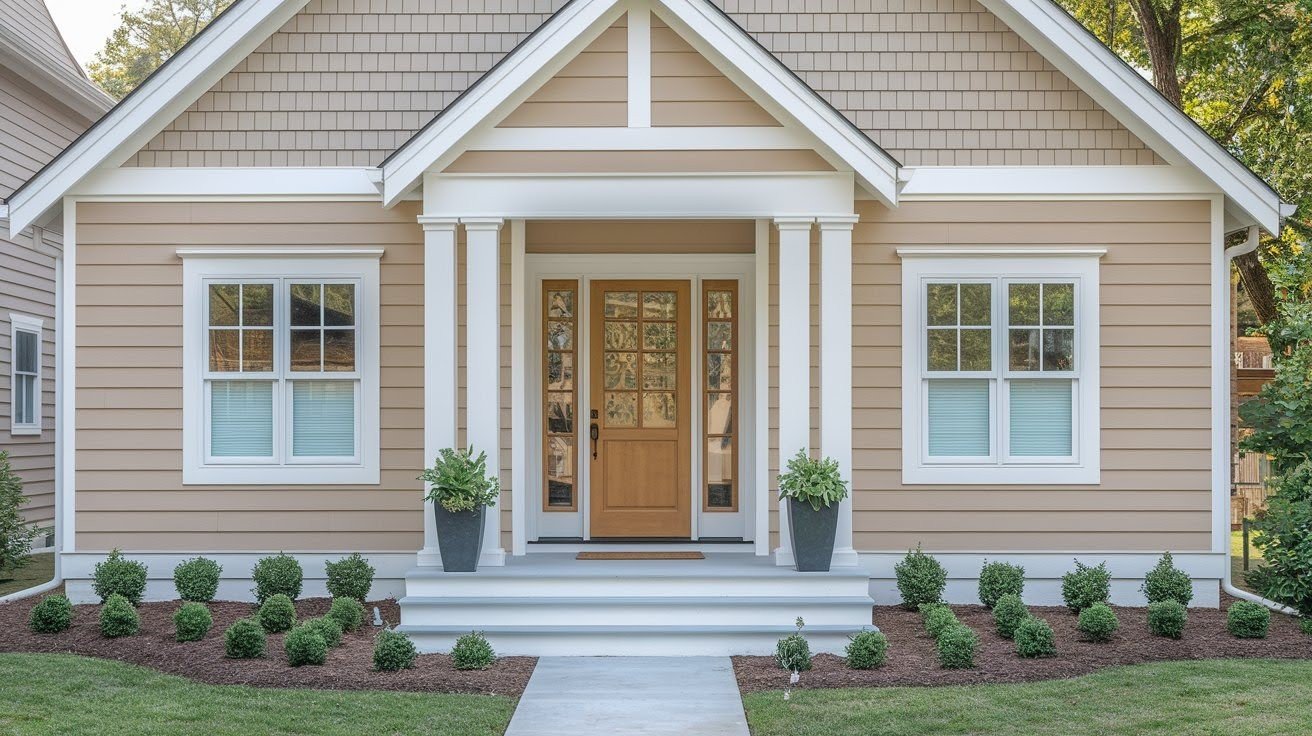
Casing makes windows look finished and complete instead of like holes in walls. It adds style and character to rooms both inside and outside your house.
Without casing, windows look bare and unfinished. Good casing improves curb appeal and can match other decorative elements throughout your home for a coordinated look.
Increased Home Value

Home buyers notice attention to detail, like quality window casing. It shows them your house has good construction, and they won’t face drafts or energy problems.
Good casing can help you get a better price when you sell your home. It’s a smart investment that pays back when it’s time to move.
Extra Structural Support
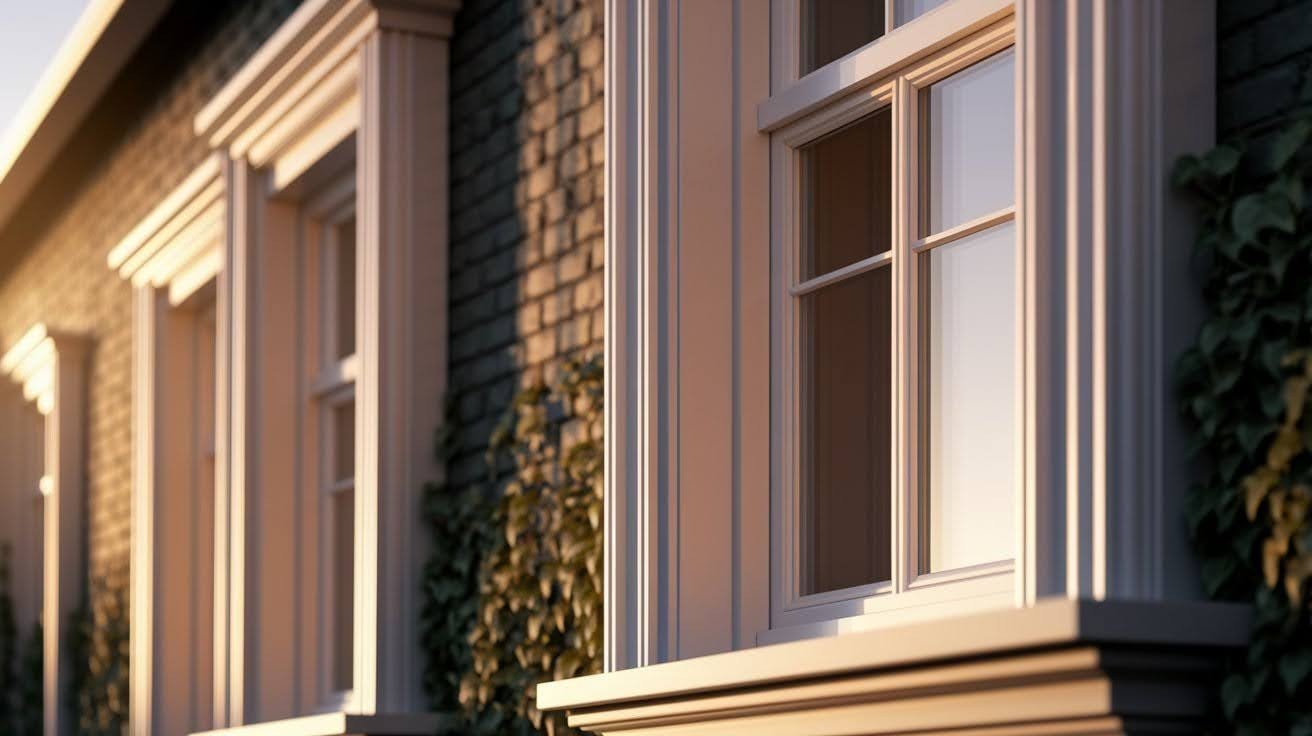
Casing helps hold windows securely in their frames. It prevents warping, sagging, or shifting that can happen over time, especially with larger or heavier windows.
This extra support makes windows last longer and work better. Proper reinforcement means fewer repairs and replacements down the road, saving you money and hassle.
Hides Construction Gaps
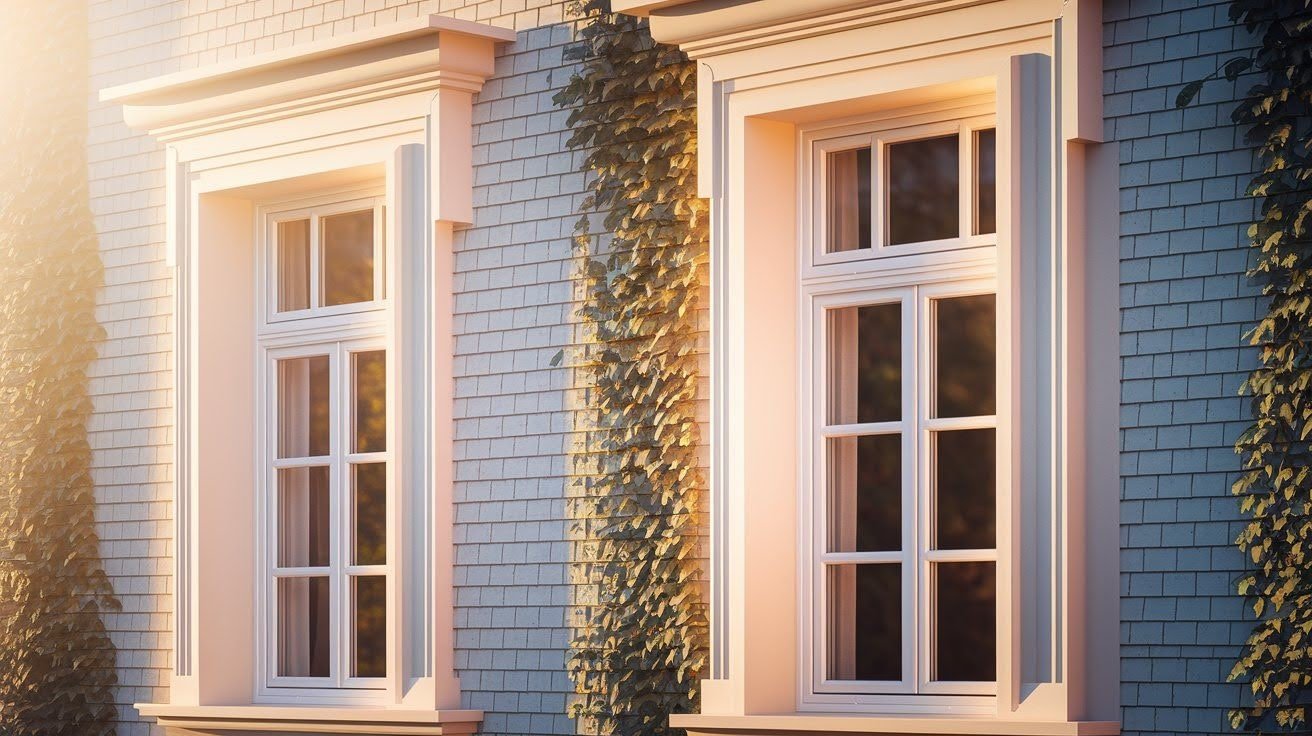
Casing covers irregularities between window frames and walls. It creates a smooth, polished appearance that makes your windows look professionally installed every time.
This is especially helpful in older homes where walls might not be perfectly straight. Good casing makes any window installation look clean and professional.
Conclusion
Now you know exactly what window casing is and why it matters for your home. It’s the trim around your windows that seals gaps, adds support, and makes everything look finished.
You’re no longer confused when contractors mention casing options. You understand the different materials, styles, and costs involved in making the right choice.
Remember, good window casing saves money on energy bills and increases your home’s value. It’s a smart investment that pays off in comfort and appearance.
Have questions about your specific windows? Drop a comment below. I’d love to help you choose the perfect casing for your home.
Frequently Asked Questions
What is window casing?
Window casing is the trim or molding that goes around your windows. It covers the gap between the window frame and wall, providing a finished look while sealing out drafts and adding structural support to keep windows secure.
Do all windows need casing?
Yes, all windows should have casing for the best results. While windows can technically function without it, casing prevents drafts, improves appearance, adds structural support, and helps with energy efficiency. It’s highly recommended for every window installation.
What’s the difference between window casing and trim?
Trim is the general term for all decorative molding in your home, including around doors, floors, and ceilings. Window casing is a specific type of trim that only goes around windows. All casing is trim, but not all trim is casing.
How much does window casing cost?
Window casing costs vary by material and style. Vinyl options are most affordable, while wood costs more but offers a classic look. Simple designs cost less than detailed ones. Labor, window size, and custom work also affect the total price.
Can I replace windows without replacing the casing?
Yes, you can often keep the existing casing when replacing windows. This depends on the casing’s condition – check for rot or damage first. If it’s in good shape and matches your new windows, keeping it saves money and time.

